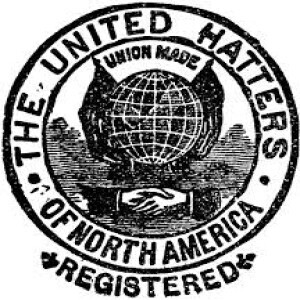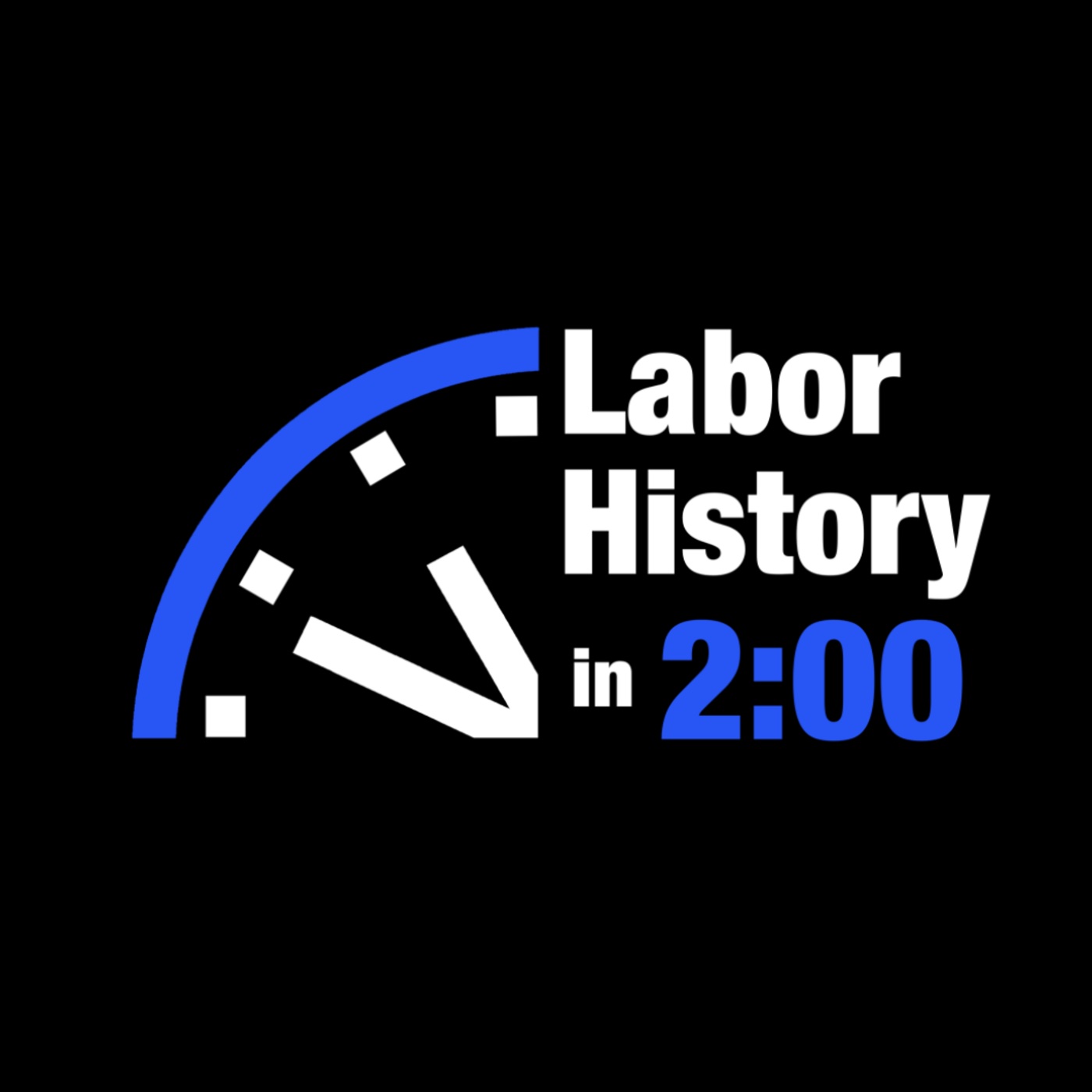Episodes

Wednesday Feb 07, 2024
February 3 - Anti-Trust Injunctions Used Against Labor
Wednesday Feb 07, 2024
Wednesday Feb 07, 2024
On this day in labor history, the year was 1908.
That was the day the Supreme Court ruled on the Loewe V. Lawlor case, also known as the Danbury Hatter’s Case.
In 1902, the United Hatters of North America attempted to organize the fur hat company, D.E. Loewe & Company.
Loewe refused to meet with the union.
The union struck and called for a nationwide boycott of Loewe hats.
The AFL assisted in popularizing the boycott.
They worked to convince retailers and customers not to buy from Loewe.
The company sued the union’s business agent and hundreds of its members.
Loewe claimed the union violated the Sherman Antitrust Act of 1890 by interfering with interstate commerce.
The Sherman Act had been designed to control business monopolies, trusts and cartels, like Standard Oil company.
An 1893 case, United States v. Workingmen’s Amalgamated Council of New Orleans, established that the Sherman Act applied to labor unions as well.
In the Danbury Hatter’s Case, the Supreme Court ruled that the union combined to restrain trade or commerce among several states.
The union countered by arguing that the union did not interfere with the transportation of hats and were not themselves engaged in interstate commerce.
But the union lost.
In addition to violating the Sherman Act, the Court argued that individual union members could be held personally liable for damages incurred by their union.
The union was eventually held liable in damages amounting to about $235,000.
The AFL pushed back, demanding reforms in the Sherman Act.
Partial reforms came with the Clayton Anti-Trust Act of 1914.
But it would be another 20 years before the Norris-LaGuardia Act would exempt organized labor from antitrust injunctions.


Comments (0)
To leave or reply to comments, please download free Podbean or
No Comments
To leave or reply to comments,
please download free Podbean App.